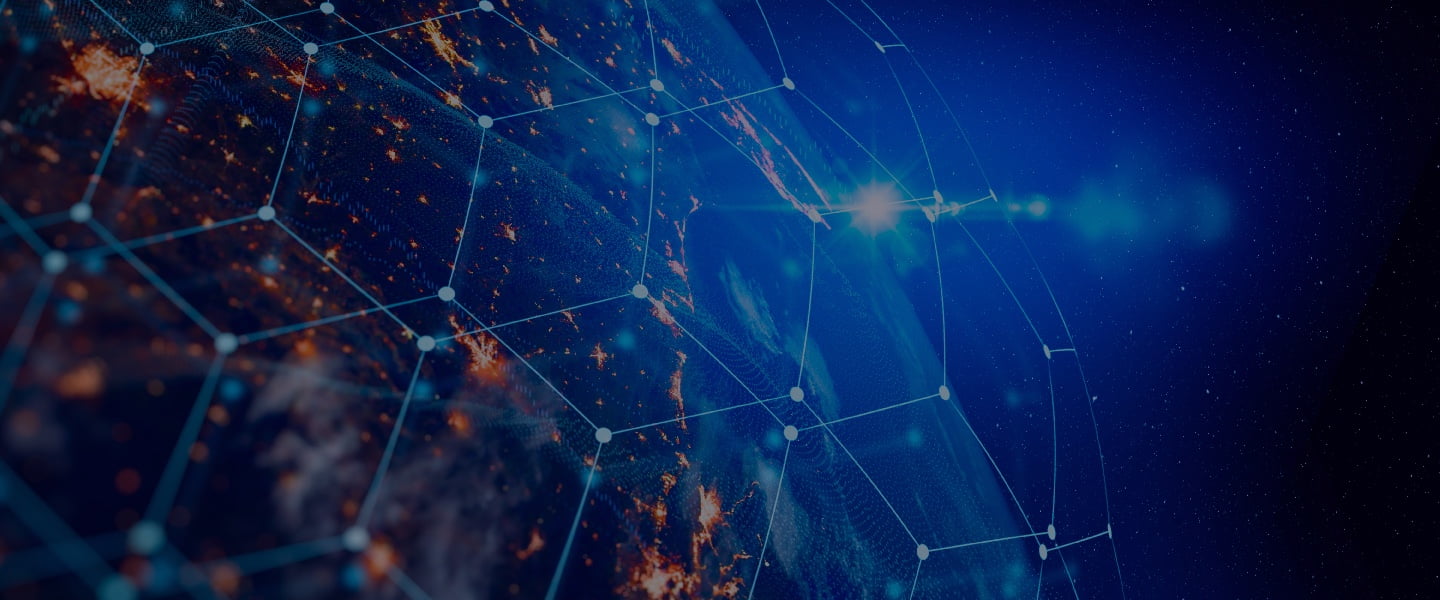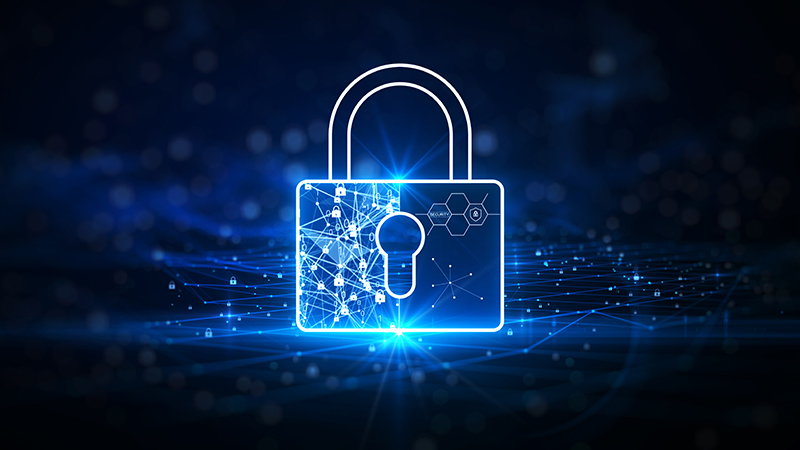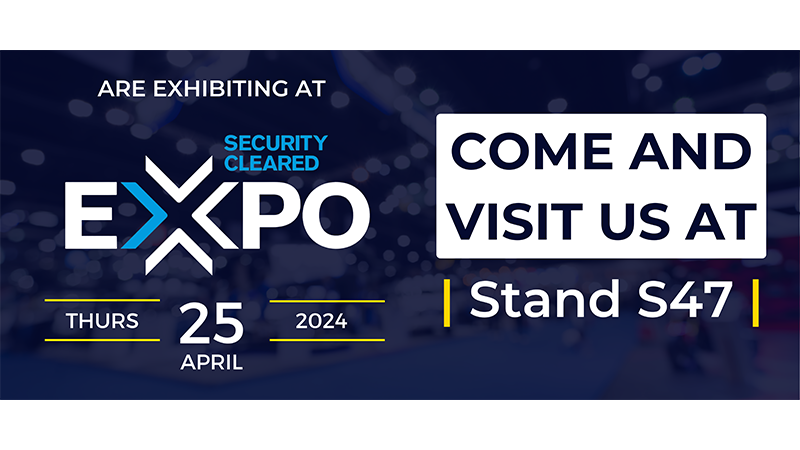

SC Cleared jobs – or security checked/cleared jobs – are a cornerstone of the aerospace industry as well as many other engineering sectors. Although obtaining security clearance isn’t particularly difficult for the applicant, it’s worth knowing what the process involves and why it’s necessary in aerospace.
Luckily, that’s exactly what we’ll discuss below. Read on to find out why SC Cleared jobs are so important and what obtaining clearance involves.
As mentioned, SC Cleared stands for security cleared or security checked. In short, it means the applicant meets certain criteria that confirm they’re able to work in their chosen role. The specific criteria can vary depending on the job and the level of clearance needed, but they typically involve the following:
As these show, a security clearance check is mainly to ensure the applicant isn’t involved in criminal activity and shows no signs of being involved in things like money laundering. Jobs that require security clearance necessitate a level of responsibility, which must be confirmed before the applicant can start.
And this essentially answers the next question: why is security clearance important? SC Checked jobs involve working with sensitive data and intellectual property, along with working with other security-cleared employees. As such, the purpose of a security check is to ensure an applicant isn’t at risk of interference from pressure groups.
This question overlaps with the previous one. The aerospace industry generally involves patented or protected intellectual property, government contracts, and other kinds of sensitive data. Whether your chosen role is working on a government project, in commercial R&D, or something even more secretive, security clearance is usually a must in aerospace.
If you were to search for SC Checked jobs in aerospace, you’d find a wide range. These could include consultancy, engineering, or supplementary roles; if it involves sensitive data, you’ll likely need a security check.
There are five levels of security clearance used for sensitive roles in the UK, and each level requires more information than the last. For the purpose of this article, we’ll look specifically at SC – Security Check. So, what does this involve?
First, an applicant needs a sponsor. This will usually be an HR representative from the company to which you’re applying. You must also complete a Baseline Personnel Security Standard – as the name implies, this is the most basic level of security check.
From there, the sponsor will make the relevant requests to government agencies, specifically the UK Security Vetting (UKSV) unit. This department has a single database that contains all the relevant information needed for a security check.
The applicant themselves doesn’t need to do much during this process, other than to fill out a security questionnaire. There may be follow-up questions if there are any concerns raised by the information held by the UKSV, but that’ll be handled on a case-by-case basis. Provided all goes well, the applicant will then be approved for their security clearance.
SC Cleared jobs are necessary for many roles in aerospace. Luckily, once you have security clearance, it’s usually a straightforward process to obtain it again in the future.
If you’re already SC Cleared or have been vetted in the past, why not head along to the Security Cleared Expo in Bristol on the 25th April, 2024. KDC will be there and we’d love to see you for a chat to discuss future opportunities in the industry.
